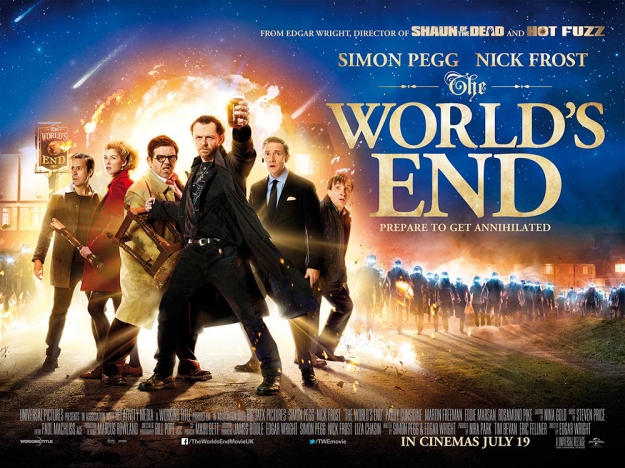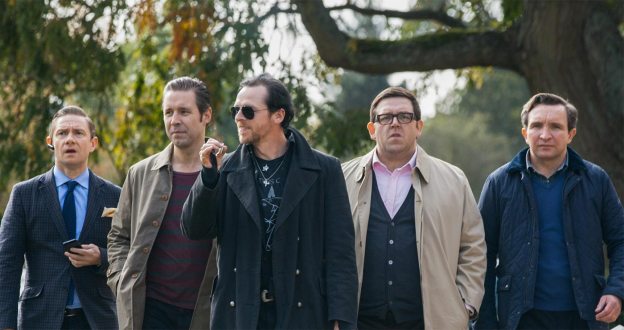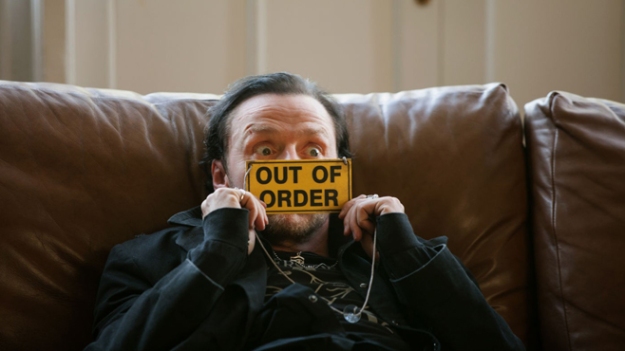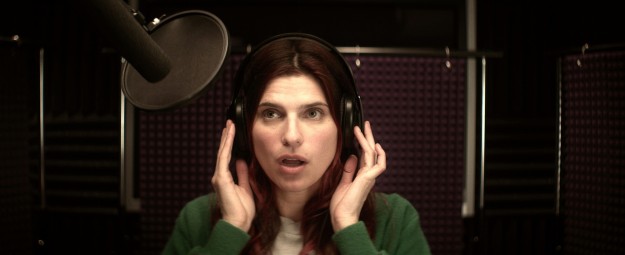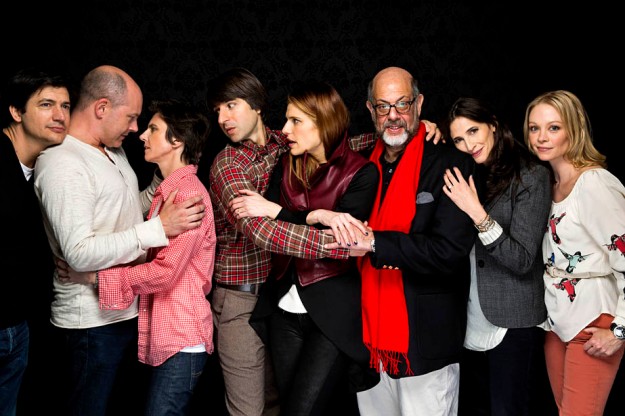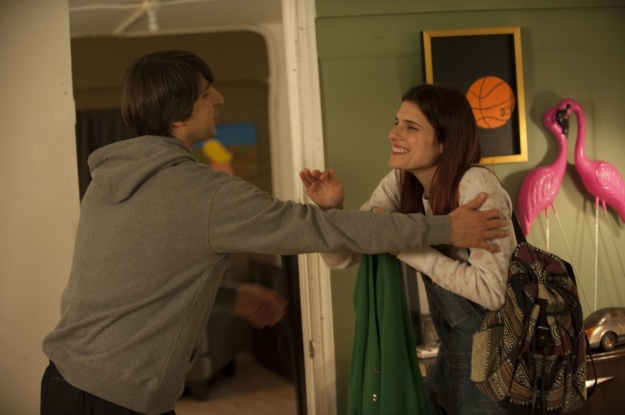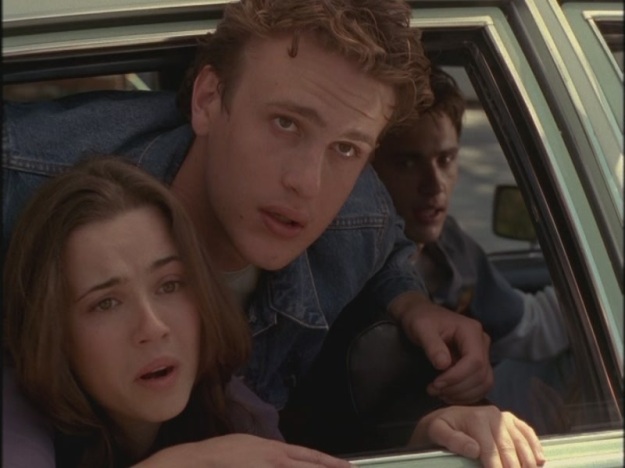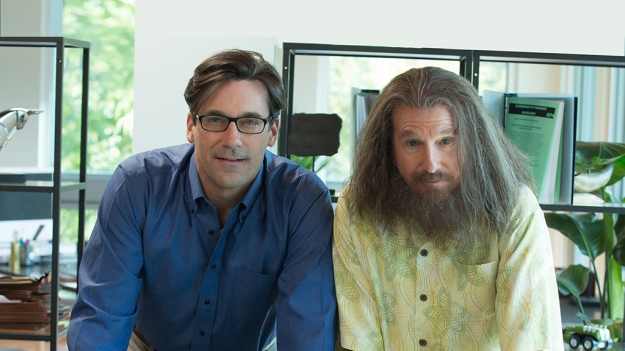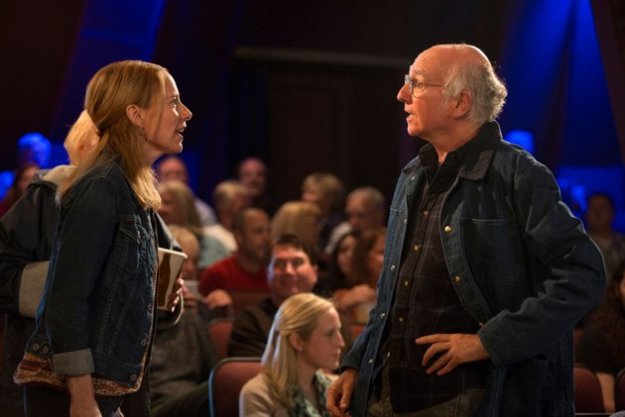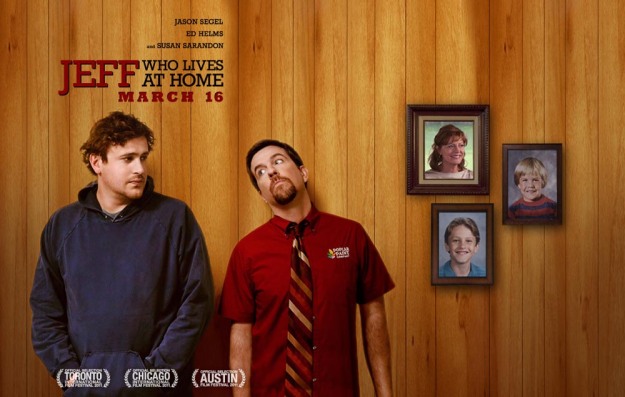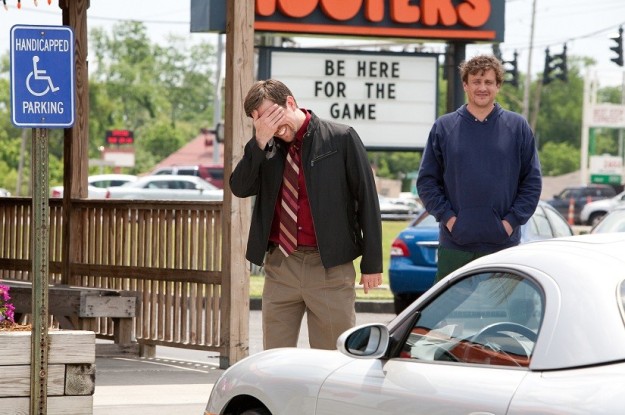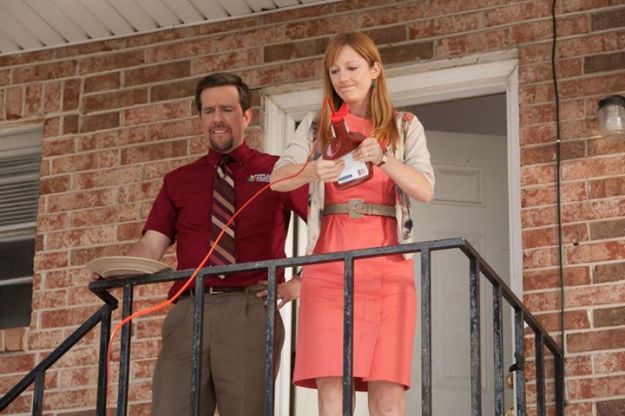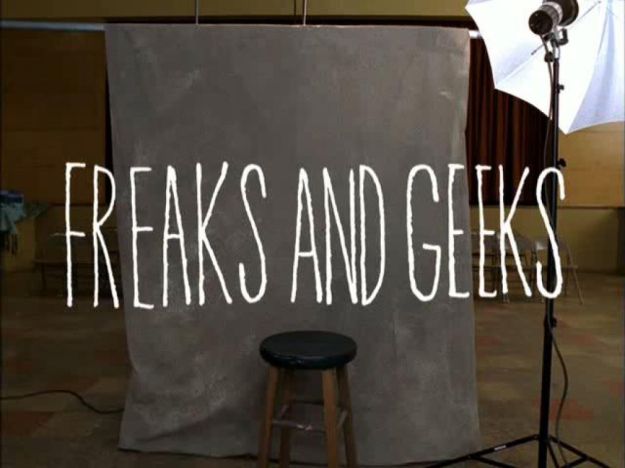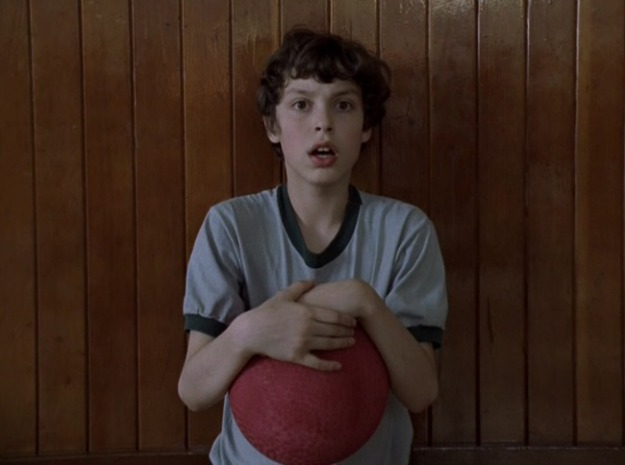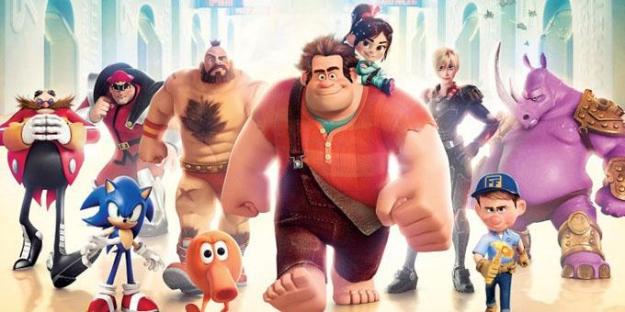The fourth episode of Freaks and Geeks is the first to turn the primary focus of the hour onto someone lacking the last name of Weir. “Kim Kelly Is My Friend” focuses on, surprise, Kim Kelly, the one member of the freaks who had yet to warm to Lindsay. A young Rashida Jones guest-stars as a friend of Kim’s and a tormentor of Sam’s. You can see my other posts on Freaks and Geeks here.
Lindsay’s efforts to warm Kim Kelly’s icy heart have been met repeatedly with put-downs and insults, so when she gets an invite to Kim’s house for dinner, she is more than a little bit skeptical. Kim brings Lindsay home to meet her mother and stepfather, both of whom are selfish, bitter, and abusive. The dinner quickly turns sour over Kim’s purported failings and Lindsay’s relative affluence and the two girls flee the scene, only to find Kim’s boyfriend, Daniel, flirting rather heavily with another girl, Karen. Anger and sadness follow in equal measures.
Sam is having his own problems with that same Karen, after an honest mistake where he tries to open her locker, she makes a point of humiliating him on a daily basis. Sam’s embarrassment is compounded when he realizes that his sister is going to dinner at Karen’s best friend’s house. Sam’s frustration leads to friction with Neal, who still thinks he is too cool for school, when he actually is too school for cool (I know it doesn’t make much sense, just go with it).
The episode culminates and climaxes (in more ways than one…) at the Weir house, where all four Weirs, Kim, Daniel, and Nick all come together and hash things out. Everyone is left a little bit happy, a little bit sad, and a little bit worried. Except for Nick, he has a fruit roll-up, and therefore all is right in his world. Mr. and Mrs. Weir are also given their first full meeting with Lindsay’s new friends, and they are far from reassured about the influence they are having on the ex-Mathlete.
This is the first time the Weirs are not the central focus, though they are pretty close to the center, and the show is better for it. As much as I like Sam and Lindsay, giving other characters the spotlight contributes greatly to an ensemble show like it has ensemble, and Kim was a good choice to start with. Having her and Lindsay spend a good portion of an episode away from the rest of the gang allowed for the characters to realistically develop something of a bond, without having it feel forced by anything other than minor contrivances of the plot.
“Kim Kelly Is My Friend” is thus far the most focused episode of Freaks and Geeks to date, Ken does not appear and most of the recurring characters are completely absent, while Nick gets very little screen-time. I am personally a fan of shows not using characters when they are not needed for the plot (or it doesn’t make sense for them to be there, etc.), so I appreciated the tighter focus in this episode.
The subplot with Sam being bullied is a touch repetitive, but is also different in that there really isn’t a physical threat to the bullying, it is all about emotionally breaking down the freshman for the kicks of a screwed up upperclassman. It is always nice seeing Rashida Jones doing something besides The Office or Parks and Recreation, and she is delightfully against type here as the slutty-tough girl with a massive chip on her shoulder.
This is yet another strong episode from NBC’s Freak and Geeks, and is one that was not actually aired in the initial run of episodes, despite its importance to the development of several characters and some key plot development. Anyways, I liked this episode and I liked the focus on someone from the supporting cast. Oh, and Quincy Jones’ daughter is in it, so that’s something.


